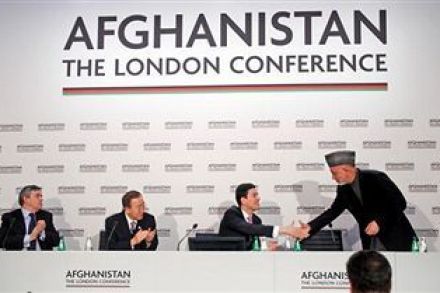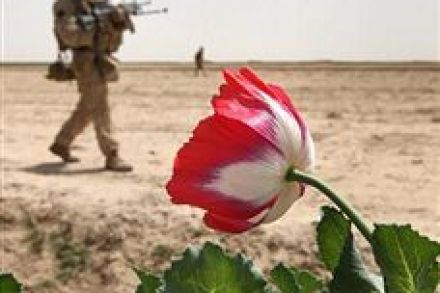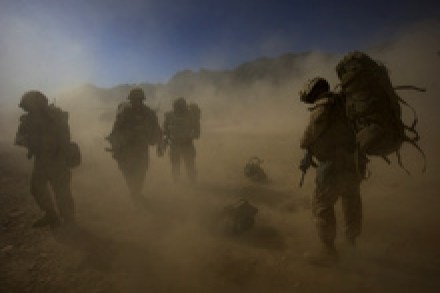The philosophy of war
Every war takes its time to produce a good film or even a piece of journalistic analysis that goes beyond running commentary. Apocalypse Now came years after the end of the Vietnam War and it took seven years before this year’s Oscar winner, The Hurt Locker, could be produced. The newspapers are full of excellent reporting from Kabul, with The Times Anthony Loyd, The Guardian’s Jon Boone and the NYT’s Dexter Filkens matching anything that came out of the Saigon. But sit-back-and-think-hard reporting has been rare. Nine years after the ousting of the Taliban, author Robert D. Kaplan’s piece “Man versus Afghanistan” in the April issue of The Atlantic















